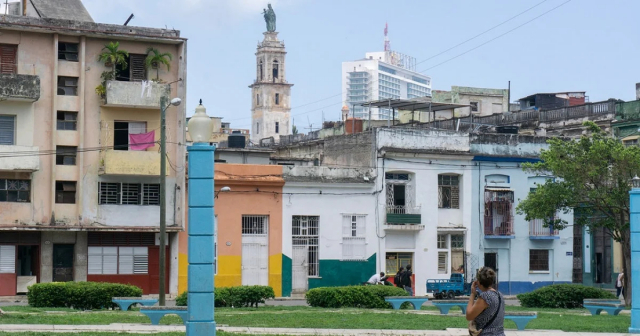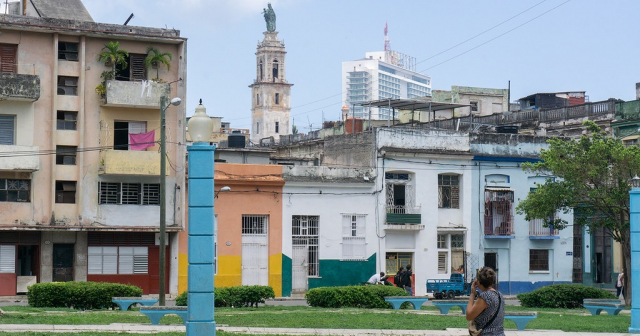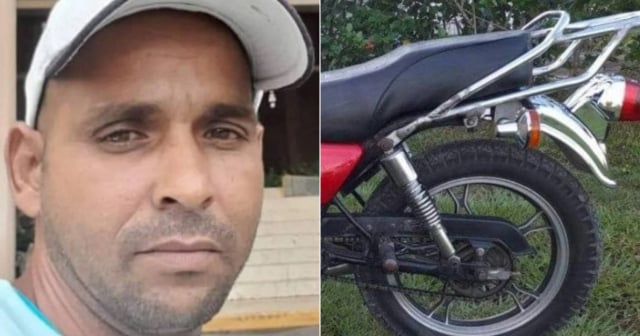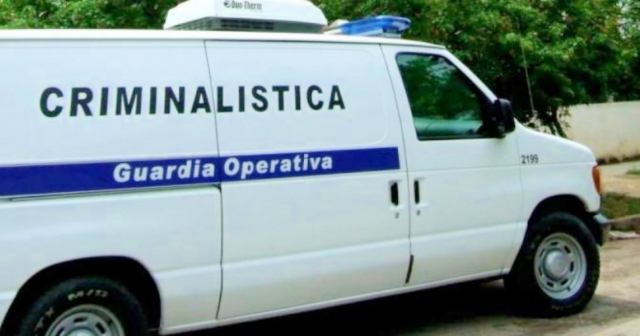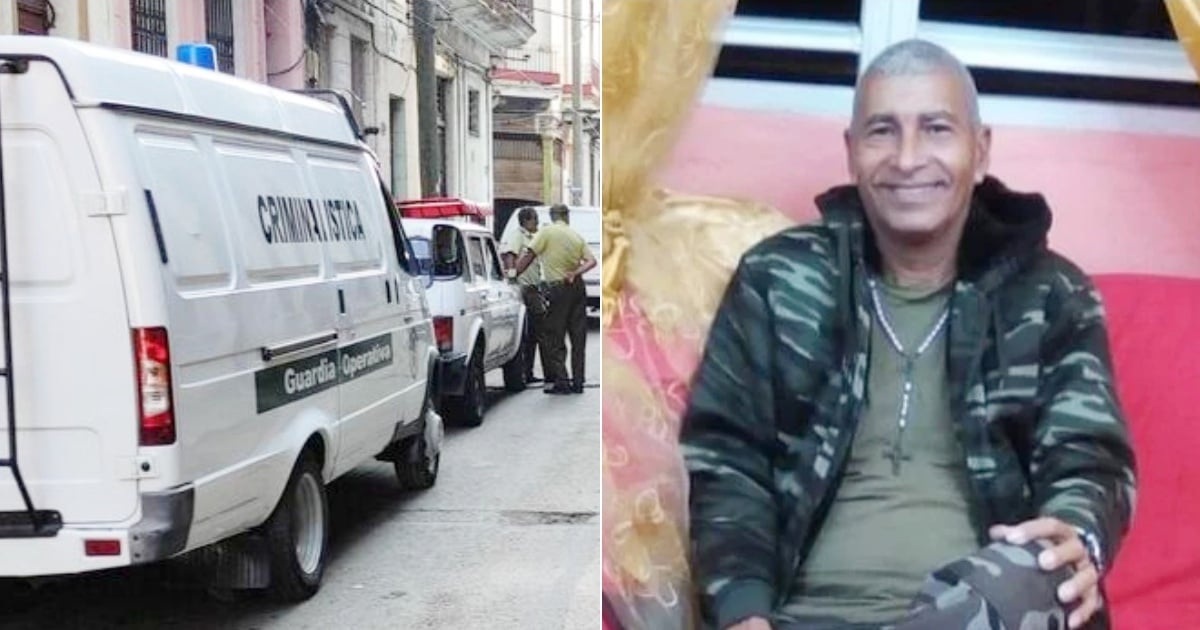
A 59-year-old man was killed early Saturday morning in Havana during a robbery attempt at his home.
The deceased, who served as a babalawo, has been identified as José Ángel Regüeiferos Fontanal, as reported by the independent media outlet Cubanet based on the testimony of a source close to the victim.
The crime occurred near Esquina de Tejas on Calzada del Cerro, when José Ángel was trying to prevent intruders from robbing his house.
The victim reportedly died after being fatally stabbed by the assailants.
"They broke into the house to steal from him; he saw the men and 'flew at them'. In response, they attacked him with knives and killed him. Then they took almost everything from the house and left him covered with a sheet under the table," Ibis Zamora, a friend of the man who lost his life, told the mentioned source.
The body was discovered on the morning of this Sunday, October 27.
Originally from the municipality of Songo La Maya in Santiago de Cuba, José Ángel Regüeferos Fontanal had been living for years in the capital, where he worked as a babalawo.
So far, it is unknown whether the murderers have been apprehended by the authorities or if they are still at large. It has also not been revealed what items were stolen from the home.
The victim's relatives have traveled urgently to Havana to handle the funeral arrangements and assist with the police investigation. So far, state media have not confirmed the crime.
This incident adds to the wave of violence plaguing the country, which is experiencing its worst economic and social crisis in decades.
However, the government claims that crime is declining on the island, even though it acknowledges that the population does not perceive this change. This perception is supported by the reports that daily emerge on social media and independent news outlets regarding thefts and all kinds of violent crimes.
Data released by the Ministry of the Interior (MININT) a few weeks ago indicated that although crime rates remained high at the end of August, incidents decreased compared to the same period last year.
According to their statistics, which were not detailed, the provinces of Santiago de Cuba, Granma, Ciego de Ávila, Cienfuegos, and Sancti Spíritus reported the highest crime rates.
"Although progress is being made in some matters and indicators, the people still do not see the results, and that is what we are working for. However, some trends show that the efforts are starting to yield results, but these will only be evident when the people can perceive them," said Prime Minister Manuel Marrero Cruz.
"If we continue to intensify the fight, we could reach a point where we start to see a noticeable decrease in crimes and illegal activities," he added.
What do you think?
COMMENTFiled under:


